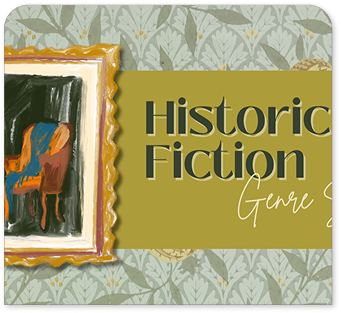-
Mon-Fri: 10AM to 8PM 01722665665
-
My Account
-
-
0
Total :
₹ 0.00

Explore the intricate landscape of India’s political system with "Indian Government and Politics" by J.S. Badyal, published by Raj Publisher. Specifically designed for BA 2nd Year, 3rd Semester students of Panjab University, Chandigarh, this comprehensive textbook is available in Hindi medium. The book offers a detailed analysis of fundamental concepts like the Indian Constitution, Centre-State Relations, Fundamental Rights, and the workings of the executive, legislative, and judiciary branches.
The book covers a range of topics including the Basic Features of the Indian Constitution, the Preamble, Indian Federalism, Centre-State Relations, Fundamental Rights and Duties, the structure and functions of the Parliament, the President, the Cabinet and Prime Minister, and the judiciary, among others.
The book is available in Hindi medium, specifically designed for Hindi-speaking students to ensure a seamless learning experience.
The book aims to provide BA 2nd Year, 3rd Semester students with a comprehensive understanding of the Indian political system, covering various important aspects and concepts related to Indian governance.
Yes, the content of the book is meticulously structured to align with the syllabus prescribed for BA 3rd Semester Political Science at Panjab University Chandigarh.
The book covers a range of topics including the Basic Features of the Indian Constitution, the Preamble, Indian Federalism, Centre-State Relations, Fundamental Rights and Duties, the structure and functions of the Parliament, the President, the Cabinet and Prime Minister, and the judiciary, among others.
The book offers authoritative content enriched with historical context and contemporary relevance, providing students with a balanced perspective on India's political system.
Yes, the book includes short answer type questions tailored to the exam pattern of Panjab University Chandigarh, as well as a University question paper from November 2023 for practice.
The book is divided into 15 chapters, each focusing on different aspects of Indian politics and governance, making it easy for students to follow and comprehend complex topics.
The examination is typically conducted over a duration of 3 hours.
While specifically tailored for undergraduate studies, the book's comprehensive content on Indian government and politics can also be beneficial for students preparing for competitive exams related to political science and governance.
Chapters
1.Basic feature of indian constitution
2.Preamble of the constitution
3.Indian federalism
4.Centre-state relations
5.Fundamental rights
6.Fundamental duties
7.Directive principle of state policy
8.President
9.Parliament
10.Cabinet-prime minister
11.Supreme court
12.Governor
13.State legislature
14.Council of minister at state level and chief minister
15.High court
Short answer type questions
University question paper of November 2023
Chapters
1.Basic feature of indian constitution
2.Preamble of the constitution
3.Indian federalism
4.Centre-state relations
5.Fundamental rights
6.Fundamental duties
7.Directive principle of state policy
8.President
9.Parliament
10.Cabinet-prime minister
11.Supreme court
12.Governor
13.State legislature
14.Council of minister at state level and chief minister
15.High court
Short answer type questions
University question paper of November 2023
The book covers a range of topics including the Basic Features of the Indian Constitution, the Preamble, Indian Federalism, Centre-State Relations, Fundamental Rights and Duties, the structure and functions of the Parliament, the President, the Cabinet and Prime Minister, and the judiciary, among others.
The book is available in Hindi medium, specifically designed for Hindi-speaking students to ensure a seamless learning experience.
The book aims to provide BA 2nd Year, 3rd Semester students with a comprehensive understanding of the Indian political system, covering various important aspects and concepts related to Indian governance.
Yes, the content of the book is meticulously structured to align with the syllabus prescribed for BA 3rd Semester Political Science at Panjab University Chandigarh.
The book covers a range of topics including the Basic Features of the Indian Constitution, the Preamble, Indian Federalism, Centre-State Relations, Fundamental Rights and Duties, the structure and functions of the Parliament, the President, the Cabinet and Prime Minister, and the judiciary, among others.
The book offers authoritative content enriched with historical context and contemporary relevance, providing students with a balanced perspective on India's political system.
Yes, the book includes short answer type questions tailored to the exam pattern of Panjab University Chandigarh, as well as a University question paper from November 2023 for practice.
The book is divided into 15 chapters, each focusing on different aspects of Indian politics and governance, making it easy for students to follow and comprehend complex topics.
The examination is typically conducted over a duration of 3 hours.
While specifically tailored for undergraduate studies, the book's comprehensive content on Indian government and politics can also be beneficial for students preparing for competitive exams related to political science and governance.


